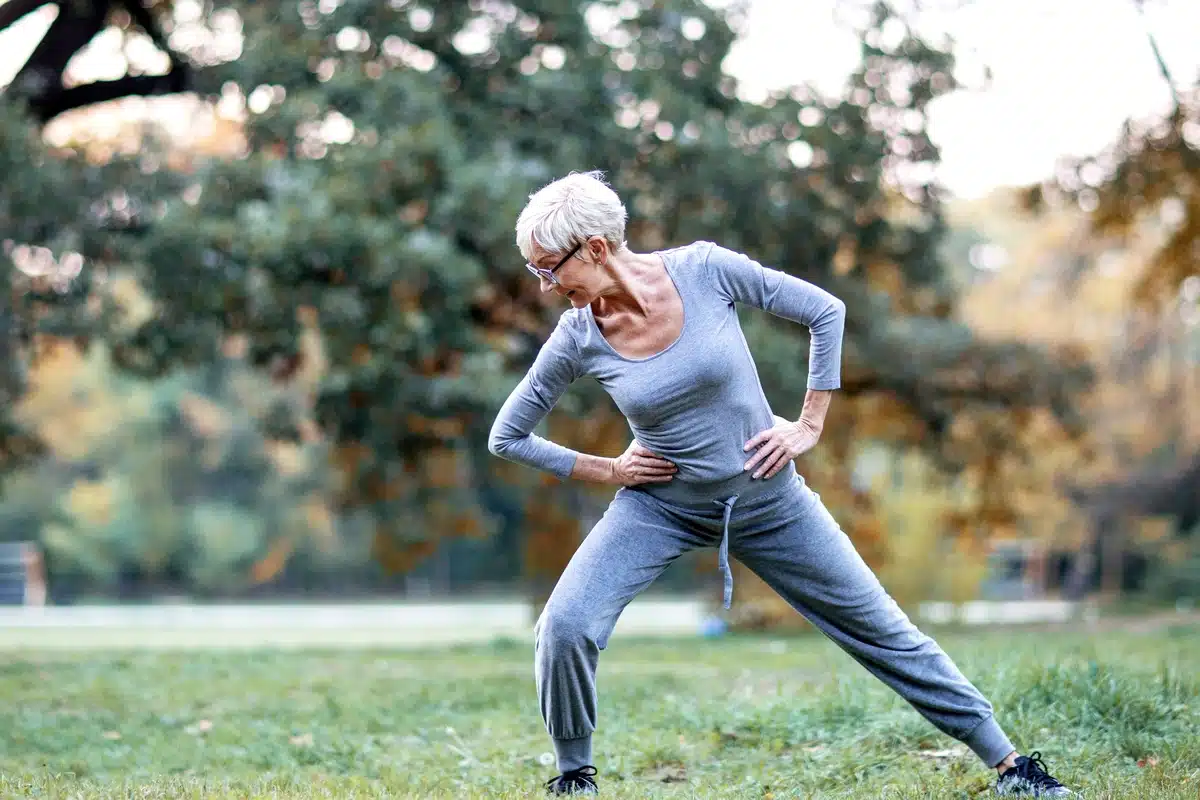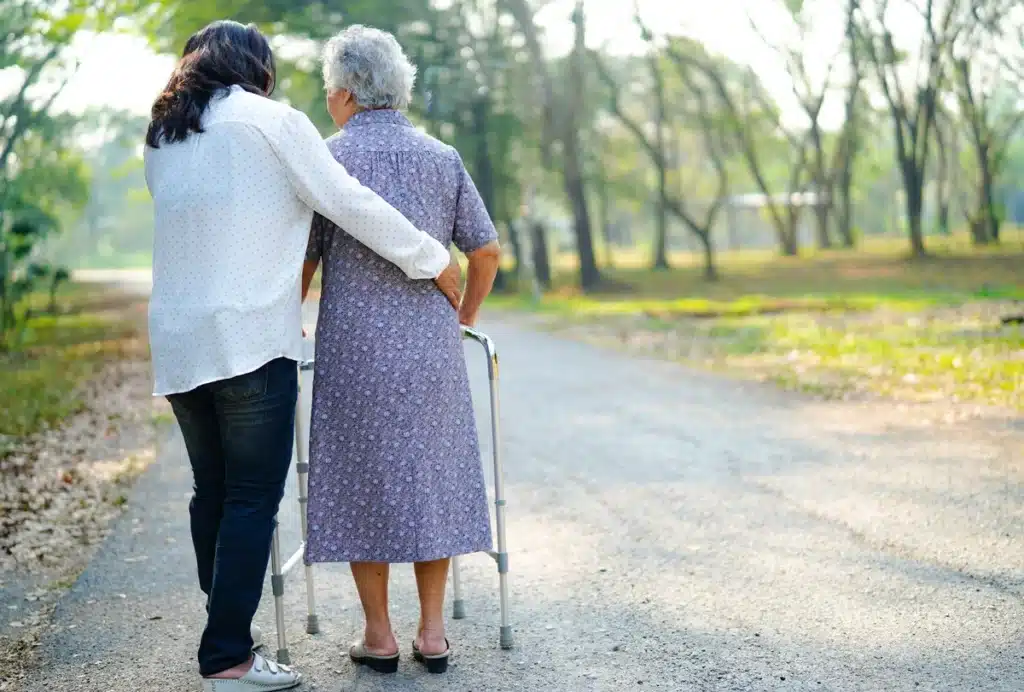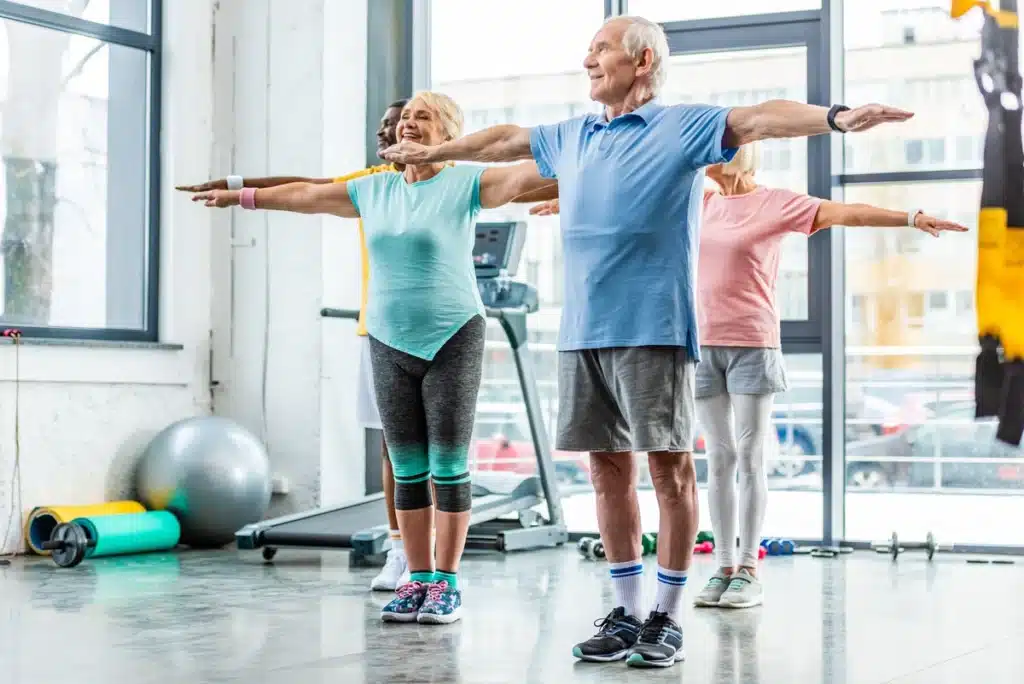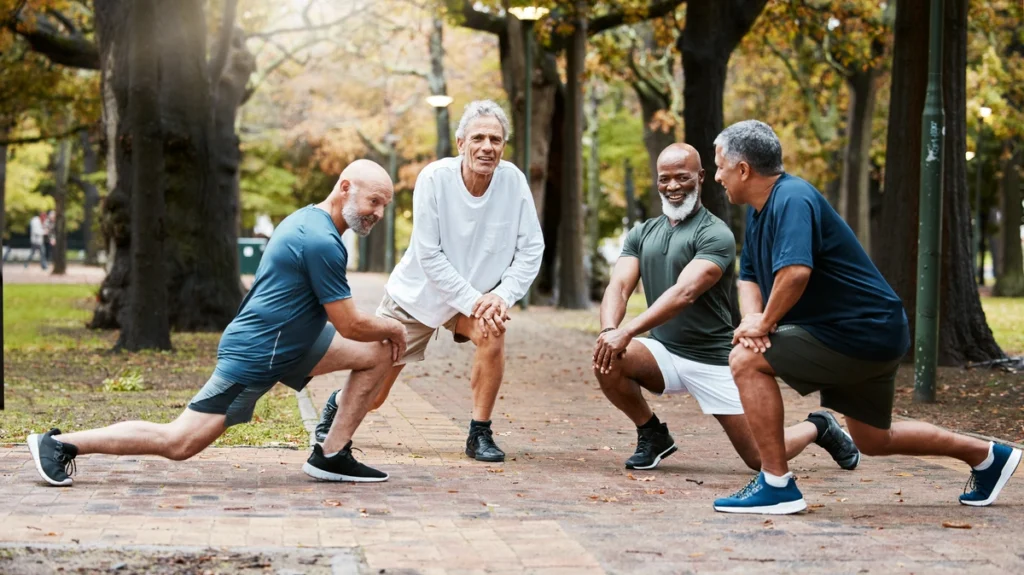As we age, our bodies undergo various changes, including a decline in coordination. Coordination, the ability to execute smooth and efficient movements, becomes increasingly important for seniors to maintain independence and prevent injuries.
Fortunately, there are targeted coordination exercises and activities that can help seniors improve their coordination and overall mobility. In this detailed guide for seniors, we’ll delve into:
- The reasons behind coordination decline
- The benefits of exercise
- The best coordination exercises
- The importance of professional guidance
- The optimal frequency for practicing these exercises
Understanding Coordination Decline in Seniors
Coordination decline in seniors can be attributed to a combination of factors, including:
- Changes in muscle strength 💪
- Joint flexibility 🤸♀️
- Sensory perception ✋
- Cognitive function 🧠
As we age, muscle mass naturally decreases, leading to weaker muscles and reduced stability. Additionally, age-related conditions such as arthritis can affect joint mobility and flexibility, further impairing coordination. Sensory changes, such as diminished vision and proprioception (awareness of body position), can also contribute to coordination challenges in seniors. Moreover, cognitive decline, which may occur with conditions like dementia, can impact the brain’s ability to coordinate movements effectively.
How Exercise Improves Coordination
Regular exercise plays a crucial role in improving coordination in seniors by targeting multiple aspects of physical function.
Strength Training
Strength training exercises, such as squats, lunges, and bicep curls, help build muscle mass and improve overall strength, enhancing stability and balance.
Flexibility
Flexibility exercises, like yoga or tai chi, increase joint mobility and reduce stiffness, facilitating smoother movements.
Balance and Coordination
Balance exercises, such as standing on one leg or using a balance board, challenge the body’s equilibrium and promote better control over movements.
Cardio
Aerobic exercises, like walking or swimming, improve cardiovascular health and endurance, supporting sustained physical activity.
6 Best Coordination Exercises for Seniors
Are you looking for low-impact exercise that will help you improve coordination? Here are some great options for seniors!
1) Tai Chi:
This gentle martial art emphasizes slow, flowing movements and deep breathing, promoting relaxation and balance while enhancing coordination and flexibility.
2) Yoga:
Yoga combines poses, breathing exercises, and meditation to improve strength, flexibility, and balance, fostering greater body awareness and coordination.
3) Balance Exercises:
Simple balance exercises, such as standing on one leg or walking heel-to-toe, can be performed at home to challenge stability and coordination.
4) Strength Training:
Incorporating resistance exercises using body weight, resistance bands, or light weights targets muscle strength and stability, essential for coordinated movements.
5) Agility Drills:
Activities like ladder drills, cone drills, or agility hurdles improve agility, quickness, and coordination by challenging the body to change direction rapidly.
6) Dance:
Dancing not only provides a fun and social activity but also enhances coordination, rhythm, and spatial awareness through various movements and patterns.
Why Working with a Trainer or Physical Therapist is Important
While seniors can benefit from performing coordination exercises independently, working with a qualified trainer or physical therapist offers several advantages. These professionals can assess an individual’s specific needs, abilities, and limitations, designing personalized exercise programs tailored to their goals and abilities. They can also provide proper instruction on exercise techniques, ensuring safety and effectiveness.
Moreover, trainers and therapists offer valuable feedback and motivation, helping seniors stay engaged and committed to their exercise routine. In cases where seniors have existing health conditions or mobility issues, supervision by a trained professional becomes even more crucial to prevent injuries and maximize benefits.
How Often Should You Practice Your Exercises
The frequency of coordination exercises for seniors depends on factors such as overall health, fitness level, and individual goals. As a general guideline, seniors should aim to incorporate a mix of coordination exercises into their routine at least two to three times per week.
However, it’s essential to listen to your body and avoid overexertion. Start slowly and gradually increase the intensity and duration of exercises as you build strength and confidence. Additionally, interspersing different types of exercises throughout the week, such as alternating between yoga, strength training, and balance exercises, ensures a well-rounded approach to improving coordination and overall fitness.
Get Help Practicing Coordination Exercises
Improving coordination is essential for seniors to maintain independence, prevent falls, and enhance overall quality of life. By understanding the factors contributing to coordination decline and implementing targeted exercises and activities, seniors can effectively enhance their coordination, mobility, and overall well-being. Whether it’s practicing tai chi, yoga, strength training, or agility drills, incorporating a variety of exercises into a regular routine, with guidance from a professional if needed, can lead to significant improvements in coordination and functional ability. Remember, consistency and patience are key, so stay committed to your exercise regimen and enjoy the benefits of improved coordination for years to come.
Looking for a qualified team that can help you? Contact Sunflower Communities today to learn about how we help our senior residents maintain an active lifestyle.




